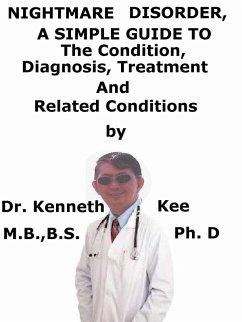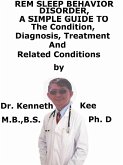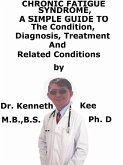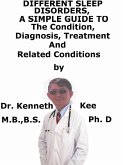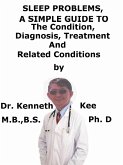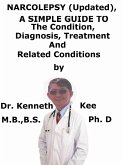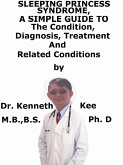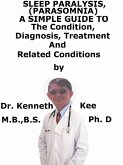Nightmare disorder is a sleep disorder, producing feelings of terror or dread, and normally happens during the first hours of stage 3-4 non-rapid eye movement (NREM) sleep.
Nightmares are likely to happen during periods of waking from delta sleep, also known as slow-wave sleep.
Nightmares may be sparked off by seemingly routine happenings, such as beginning at a new school, going traveling, or a mild sickness in a parent.
Nightmares are quite frequent in children, mostly between ages 3 and 8.
Children with nightmares will frequently also talk in their sleep or sleepwalk
This sleep disease, which may occur in families, also can happen in adults.
Nightmares can be induced by a wide range of medicines.
The most frequent medicines are antidepressants, blood pressure medicines and sleeping pills.
1 or more nightmares over a short duration of time may be induced by:
1. A major life tragedy such as the death of a loved one or a traumatic injury
2. Higher stress at home or work
Nightmares are most frequent during the first hours of stage 3-4 non-rapid eye movement (NREM) sleep that are often in the early morning.
They may happen after someone has a frightening experience such as scary movies or TV shows, or has an emotional upset or by something that causes worry.
Children with night terrors frequently scream and can be very frightened and confused
Polysomnographic studies show abrupt awakenings from REM sleep, normally during the second half of the night, before report of a nightmare.
1. Keep to a regular fitness routine, with aerobic exercise, if possible.
The patient will find that he or she will be able to fall asleep easier, sleep more soundly, and wake up feeling fresher.
2. Restrict caffeine and alcohol.
3. Find more time for the personal interests and hobbies.
4. Attempt relaxation methods, such as guided imagery, music listening to, yoga, or meditation.
5. Listen to the body when it tells the body to slow down or take a break.
6. Practice good sleep habits.
TABLE OF CONTENT
Introduction
Chapter 1 Nightmare Disorder
Chapter 2 Causes
Chapter 3 Symptoms
Chapter 4 Diagnosis
Chapter 5 Treatment
Chapter 6 Prognosis
Chapter 7 OSA
Chapter 8 Narcolepsy
Epilogue
Dieser Download kann aus rechtlichen Gründen nur mit Rechnungsadresse in A, B, CY, CZ, D, DK, EW, E, FIN, F, GR, H, IRL, I, LT, L, LR, M, NL, PL, P, R, S, SLO, SK ausgeliefert werden.

